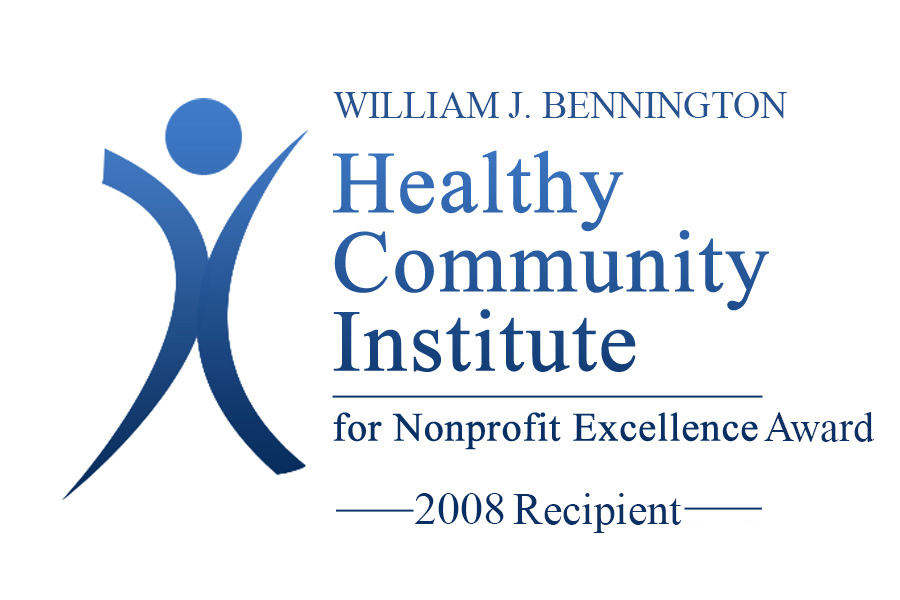Our staff is reading the book Soul Keeping. I have never enjoyed reading for fun, but this book holds my interest, and I can say I’m enjoying reading. It has enlightened me on my own soul keeping and the importance in my daily walk.
Our ministry has faced many struggles over the past year and half throughout the COVID pandemic. We have not been able to utilize the assistance of our faithful volunteers to spread the good news of God’s love and grace behind bars. We have restrictions on inmate group classes, multiple worship services to accommodate small groups, and scheduling Zoom classes and meetings. It has been a work in progress, with frequent changes in mid-course. Sometimes it has been frustrating. How often in our own personal lives, do we tend to feel defeated, and when we do, we open the door for unhealthy thoughts to take over? This is not good soul keeping.
Many people go through these same daily struggles in their day-to-day lives, not just in times of this pandemic. We don’t spend time keeping our souls healthy with good habits, and sin creeps in. The Soul Keeping book states, “a habit is a relatively permanent pattern of behavior that allows you to navigate the world.” If you are like me, I think I am stronger than some silly habit; I have the willpower to change my habits if I choose to. This book goes on to state, “Habits eat willpower for breakfast. Our only hope is not for more willpower; it is for a new set of habits.” Many of us are guilty of letting our habits guide our footsteps day by day and they may not be good habits. So how can we change these habits for the well-being of a healthy soul?
When we invest in the healthy habits of Bible reading, prayer, encouraging one another and a soft spoken response during a tense situation, all are soul keeping habits. Not only do they keep our souls healthy, but those around us notice a difference. Our small staff is learning how to better keep our souls so that our encounters with staff and inmates reflect the joy and love of Christ during these long days of pandemic.
Our ministry offers a course on the book “7 Habits of Highly Effective People” that helps with these changes in the men and women we serve. Through the pandemic, this has been extremely difficult to do, but we have succeeded. We have success stories in many of the men who have been released over the past year and a half that completed this course of replacing sinful habits with new “Jesus-like” habits that they learned during incarceration.
Brooke Stultz, FJPM Administrative Assistant




